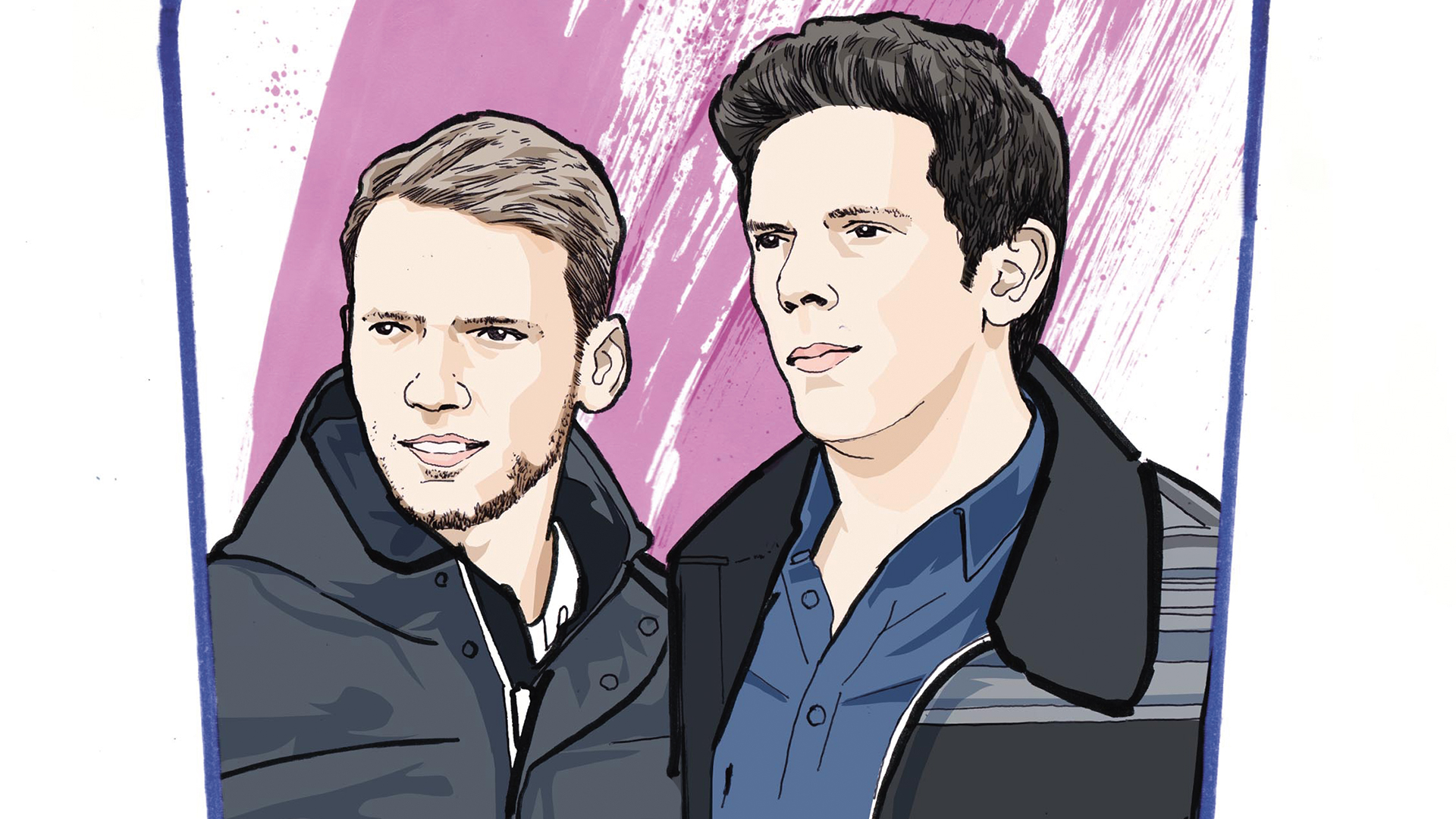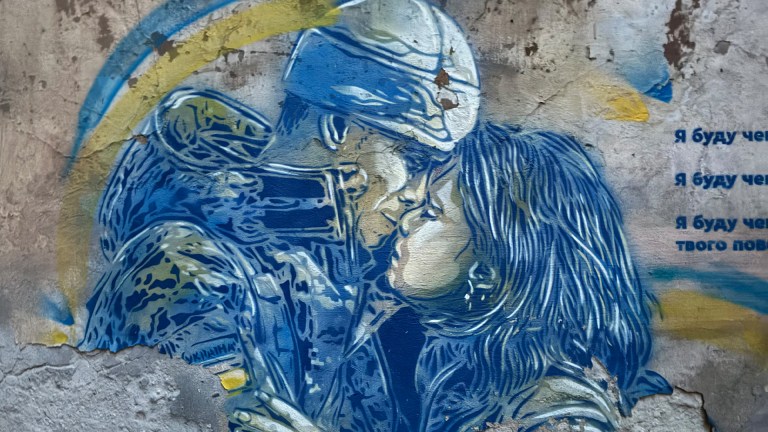Kevin, 43, and Sandra, 40, died after saving the brothers’ younger brother and sister. Rob was 17 and Paul was 15.
Newly orphaned and heartbroken, the four children were without money and passports and had to hitchhike 200 miles to the airport.
Once back in Britain, they rebuilt their lives with the help of supportive friends and family. At age 22, Paul had found work with a commercial furniture company in Australia, while 24-year-old Rob was working for online jobs board CV Library.
Since the tragedy, neither brother had let go of their shared drive to make something more out of the experiences their parents gave them. And in 2014 when the 10-year anniversary of their parents’ death was just around the corner, an idea struck: flip flops.
Each centre is like a piece of our parents
“We used to live in them so it made sense. But people laughed, obviously,” says Paul. “Flip flops in England, which gets two weeks of summer every year?”
Still, the brothers set off on their mission to sell ethically-sourced flip flops to fund a charity in tribute to their parents and everyone else who died that day – which later grew into project Orphans for Orphans. The launch of their brand, Gandys London (“Rob used to get called Little Gandhi because he had glasses and an oddly shaped head”), saw them chased out of shops which, eight years ago, weren’t as interested in recycled products as they would become.
Advertising helps fund Big Issue’s mission to end poverty
“We got samples off the internet, took pictures of them on our mobile phones and stuck them on Facebook. Someone I backpacked with in Australia shared it, a friend in Germany bought a pair, and it grew quite naturally from there. Our designs include clothes, bags, everything now. It was remarkable.”
If there’s one thing Richard Branson, Jessica Alba and Prince William have in common, it’s that they’ve been spied donning products from the Gandys line. And thanks in part to the support of high-profile celebrities, Rob and Paul have funded and built four children’s homes. The charity receives 10 per cent of profits from the Gandys lifestyle brand, much of which comes from their flagship Covent Garden store.
They made sure to use local builders and traders in the construction of the Sri Lanka, Malawi, Nepal and Brazil campuses. Each is tailored to fit the needs of the community it’s in, but they offer preschool plus afterschool activities and sports. In Malawi, the children are sometimes taught by a local carpenter. And older children get support for university applications and work placements.
More than 2,000 children have benefited from the centres set up by the Forkans.
“We have to make sure they run sustainably and as effectively as possible while allowing us to build other ones,” says Paul. “It’s important we don’t sit still. Me and my brother want to get to 60 years old and say that we’ve got 60 schools around the world. It’ll be bloody stressful but that is what we want.”
In two months, the Nepal centre will open officially – then it’s on to the next one for the Forkan brothers.
Advertising helps fund Big Issue’s mission to end poverty
“We just want to keep on making clothes ethically and having our projects all over the world, it’s that simple. Each centre is like a piece of our parents and the values they taught us. We’d like to get them to every continent.”





